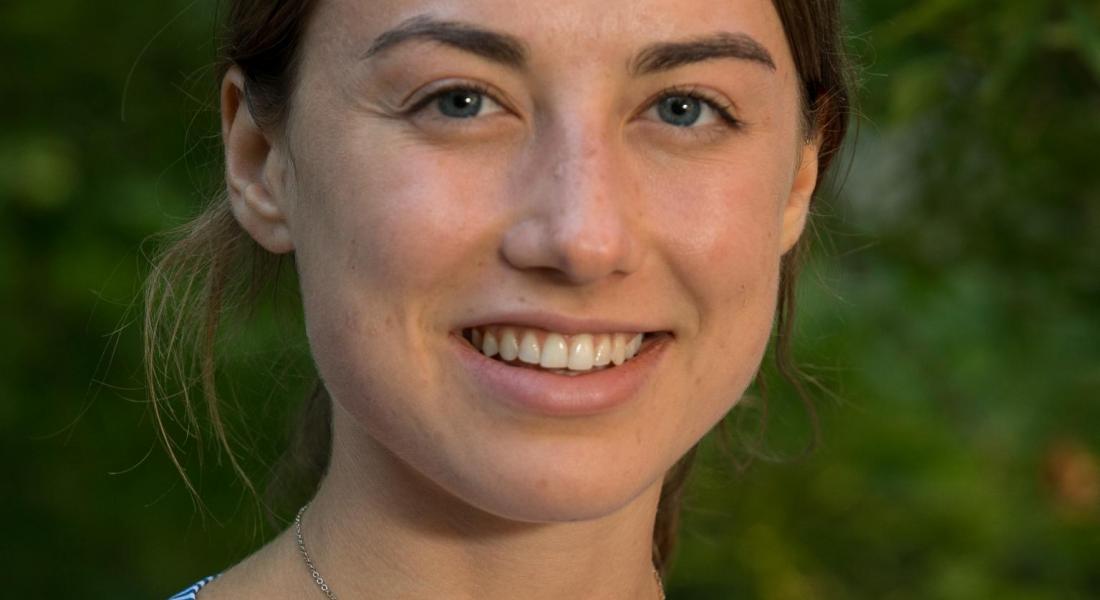
“When we fail to refill the cylinder, we are not failing the project, we are failing ourselves” the father of House 28 reported when asked why they were refilling their gas cylinder. Over the course of two and half weeks of winter break 2018-2019, I conducted 29 household interviews with the families in the project, “Pilot of Community Technology Workers in Shirati, Tanzania”. I was interested in studying why the families were refilling their gas cylinders and discerning how often the Community Technology Worker (CTW) really needed to visit. These research questions were crucial to how the project would continue as contracts with the CTWs were up for renewal in January 2019. Understanding the families’ motivations and the necessity of the visits would inform the contracts offered to the CTWs in continuing the project.
In the summer of 2018, I conducted household interviews and a focus group that indicated that the families felt an obligation to refill because they were part of the program. However, based on the interviews, families gained experience with the gas stove and realized its value to the family. Specifically, the main cooks appreciated how fast they could prepare meals and continue on with other work or activities. Refilling the stove did not make them feel bad because they wanted to please the program or the CTW, but rather they wanted their households to run smoothly. They had adjusted to the gas stove and have adjusted to an easier, smoke free way of life. Interestingly, only three families mentioned the health benefits, despite the education. Families truly refill the gas to save them time and effort, not for the program or for their health.
In regard to the frequency of visits from the CTWs, families overall voted for roughly two visits per month. The families are confident that they can refill without their visits as there was a consensus that it was part of their own responsibility to refill the cylinder. The Community Technology Worker is most helpful in this post-education stage for reminding the families to be saving for their next cylinder. The reminder on education and safety is sufficient in once a month or twice a month visits.
Overall, households are not stressed to refill if they regularly save the money they previously used for firewood in charcoal (many noting that the program was helping them save money). Families are stressed if circumstances arise and they use that money on other household concerns, but this stress does not stem from the CTW visits. Additional concerns arose through these interviews regarding the fluctuating price of gas refill due to the Tanzanian economy or different sellers. These insights will allow the program to adjust and improve to fit the families’ needs and further empower them to cook with gas.
Upon completion of these interviews and the information gathered, Professor Sievers and I were able to make an educated offer for the CTWs to continue their work, but now visiting twice a month until April. Contracts were signed and materials for the future work were distributed. This winter break research ensured the successful progression of the pilot.





